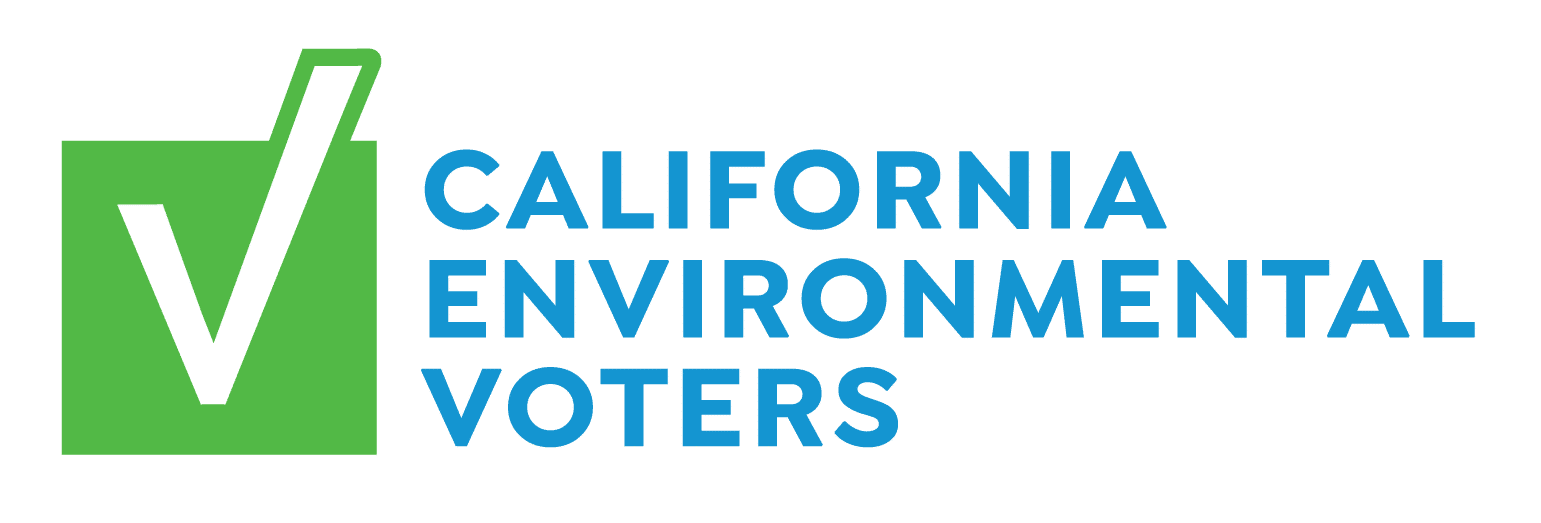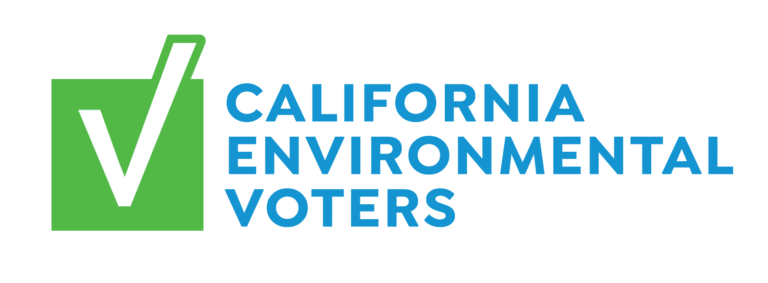 On December 10, CLCV released the results of our annual California Environmental Scorecard. For 36 years, the Scorecard has held legislators accountable to a strong environmental agenda and provided a behind-the-scenes look at the best and worst outcomes for environmental policy in the California legislative session. Among the worst in 2009: economic fear and severe budget deficits dominated Sacramento’s attention this year; environmental opponents exploited this fear to polarize the legislature, attack California’s landmark environmental laws, and secure vetoes of good legislation. Only a modest amount of “green” legislation was enacted as environmentalists played defense to protect parks, oppose new offshore drilling and fight bills to bypass bedrock environmental laws. To compound the problem, the governor vetoed two-thirds of the 15 high-priority environmental bills that reached his desk in the regular legislative session. This year’s Environmental Scorecard reflects Governor Arnold Schwarzenegger’s record-setting vetoes of priority environmental bills which earned him a 28% score—the lowest of his career. This contrasts with his scores of 60% and 63% in previous years. According to CLCV Chief Executive Officer Warner Chabot:
On December 10, CLCV released the results of our annual California Environmental Scorecard. For 36 years, the Scorecard has held legislators accountable to a strong environmental agenda and provided a behind-the-scenes look at the best and worst outcomes for environmental policy in the California legislative session. Among the worst in 2009: economic fear and severe budget deficits dominated Sacramento’s attention this year; environmental opponents exploited this fear to polarize the legislature, attack California’s landmark environmental laws, and secure vetoes of good legislation. Only a modest amount of “green” legislation was enacted as environmentalists played defense to protect parks, oppose new offshore drilling and fight bills to bypass bedrock environmental laws. To compound the problem, the governor vetoed two-thirds of the 15 high-priority environmental bills that reached his desk in the regular legislative session. This year’s Environmental Scorecard reflects Governor Arnold Schwarzenegger’s record-setting vetoes of priority environmental bills which earned him a 28% score—the lowest of his career. This contrasts with his scores of 60% and 63% in previous years. According to CLCV Chief Executive Officer Warner Chabot:
“The weak economy and budget deficits required tough decisions, but they also created opportunities. But, rather than seize the opportunities to protect our natural resources and create clean energy jobs, Governor Schwarzenegger rejected the vast majority of well-considered environmental legislation that landed on his desk. This is an unfortunate retreat from the leadership that the governor has often provided.”
The governor’s vetoes included bills to increase the state’s supply of renewable electricity to 33 percent in 2020; to prohibit cancer-causing chemicals in infant bottles and cups; and to prevent state park lands from being used for non-park purposes without proper approvals. His approval of three bills that undermine the California Environmental Quality Act (CEQA) combined to produce his career-low score of 28%, lowering his lifetime average score to 53 percent. “This year’s legislative record demonstrates that environmental voters must work together to elect a ‘greener’ governor in 2010—a governor who will maintain California’s position as an environmental leader in the nation and the world,” said Chabot, who urged CLCV members and all Californians to join the effort to “Build a Greener Governor” by signing up on the campaign Web site: www.GreenGov2010.org. Members of the state legislature were scored on 22 total bills in 2009. Senate Republicans’ average score was 9%, while Senate Democrats averaged 82 percent. Assembly Democrats averaged 87% in stark contrast to Assembly Republicans, who averaged 13 percent. Three newly elected Senators earned 100% scores—Loni Hancock (Berkeley), Mark Leno (San Francisco) and Fran Pavley (Santa Monica). In addition, several Assembly newcomers scored 100%: Tom Ammiano (San Francisco); Bonnie Lowenthal (Long Beach); Bill Monning (Santa Cruz), Nancy Skinner (Berkeley) and former Senator Wes Chesbro (Eureka). For more Scorecard results, check out our Web version here: http://www.ecovote.org/scorecard/. CLCV members will receive a printed copy of the Scorecard in the mail in a few weeks — please make sure to share it with all of your friends, family and neighbors who care about the environment. And let us know what you think of the Scorecard, the scores of the governor and your members of the Senate and Assembly, and what the environmental community can do to elect strong environmental champions in 2010 by commenting on this blog!


